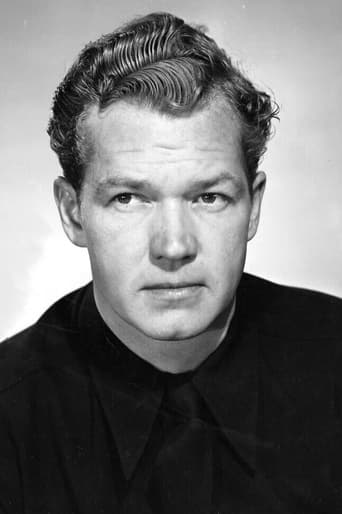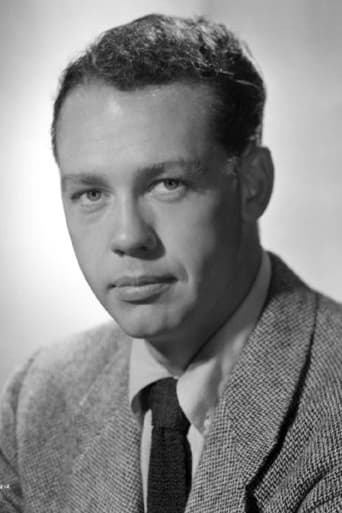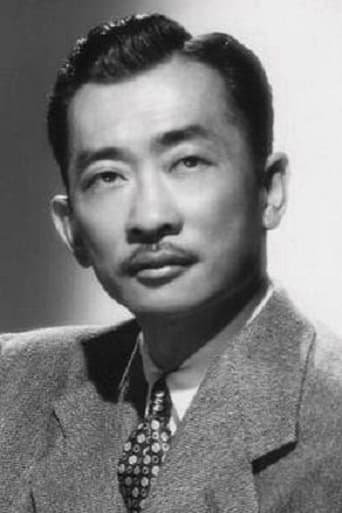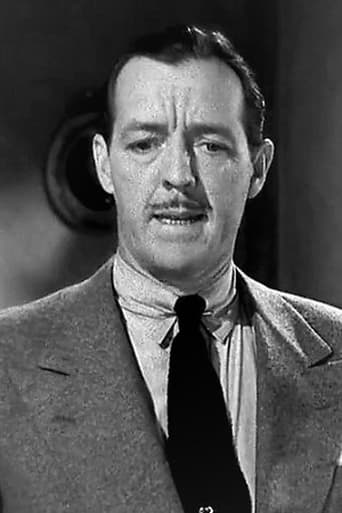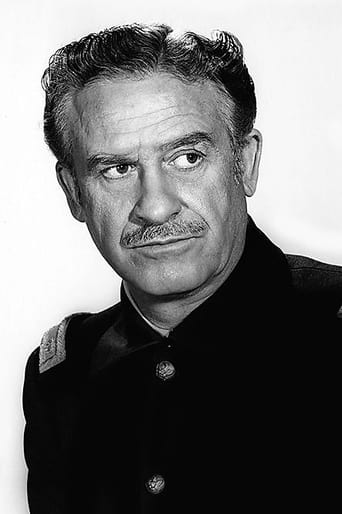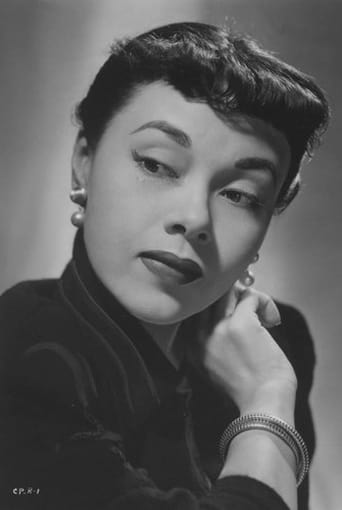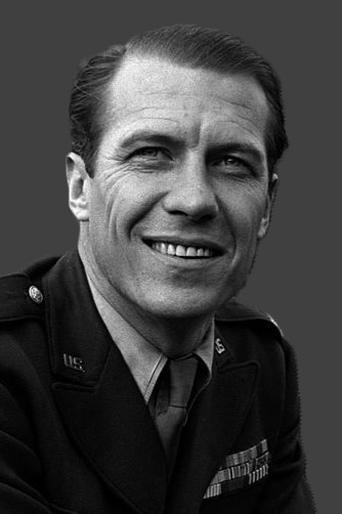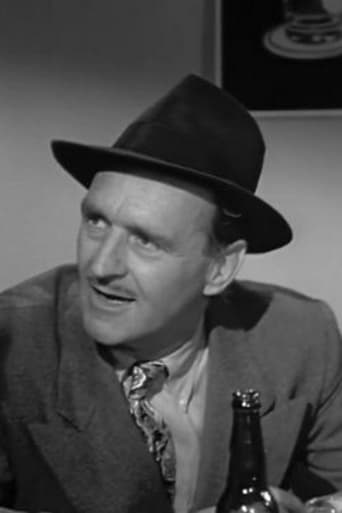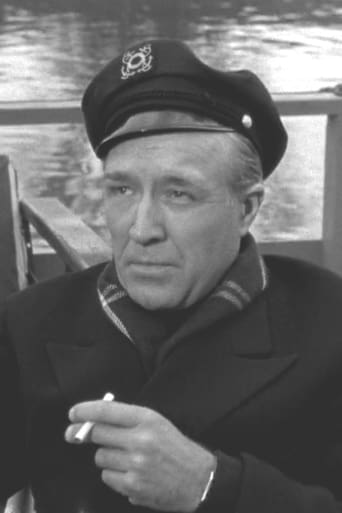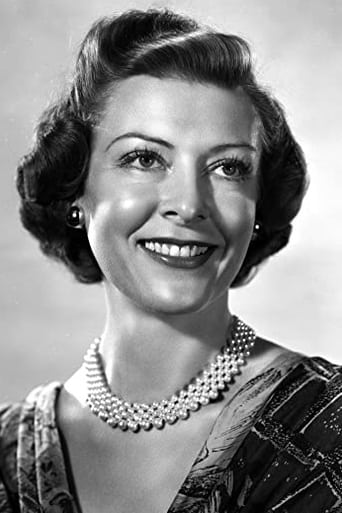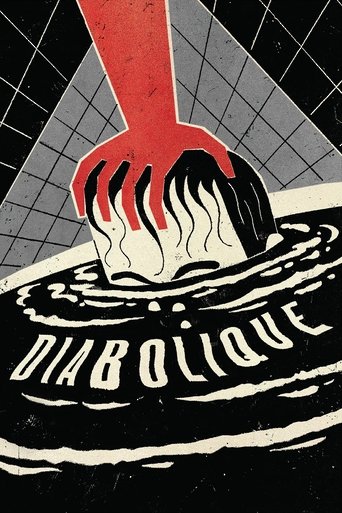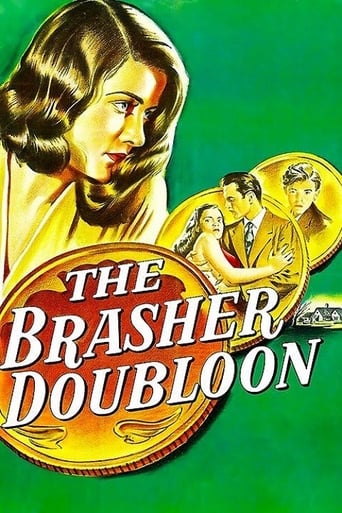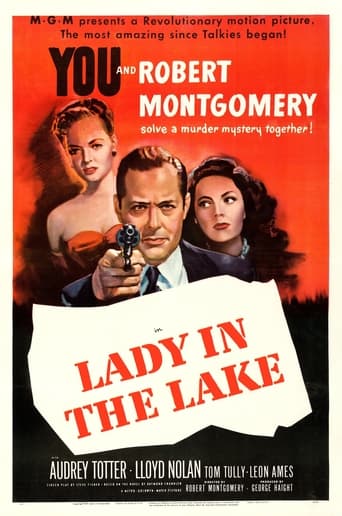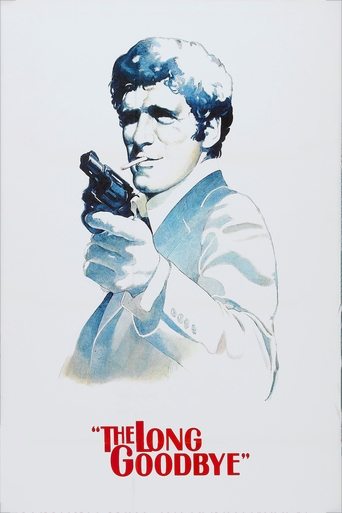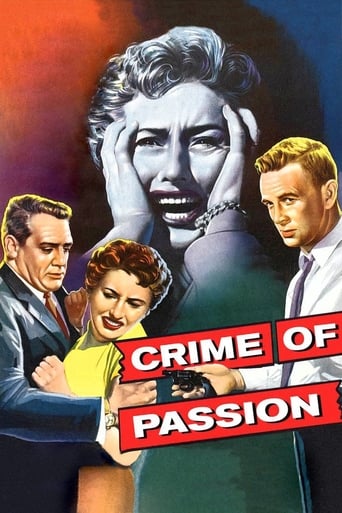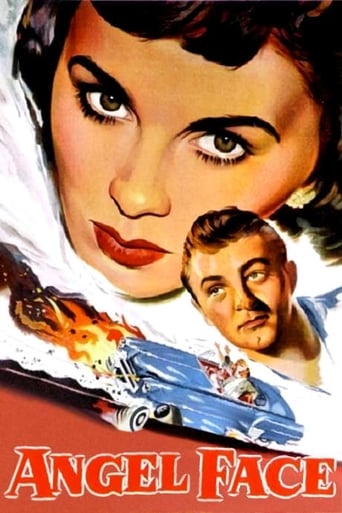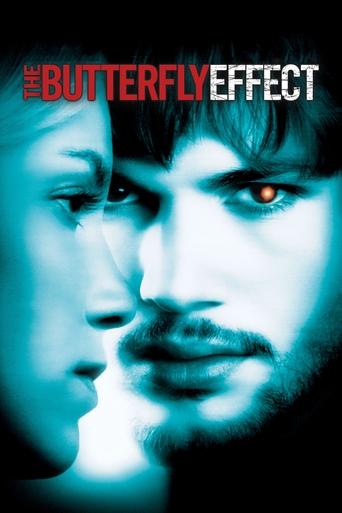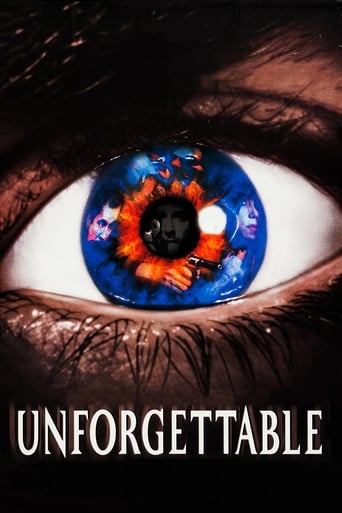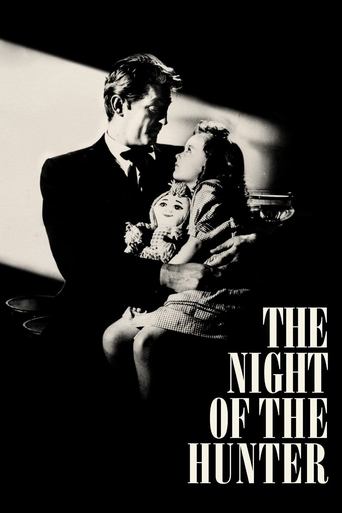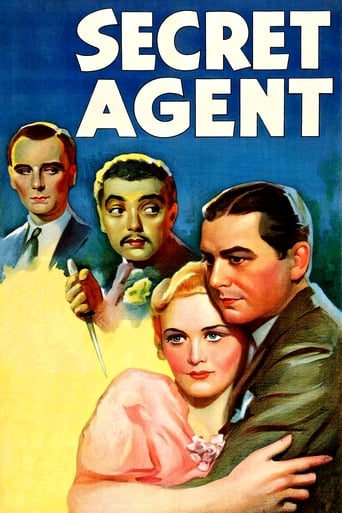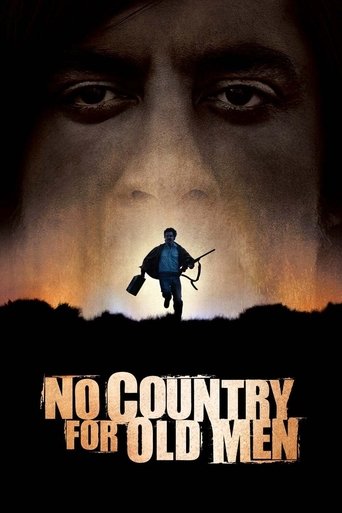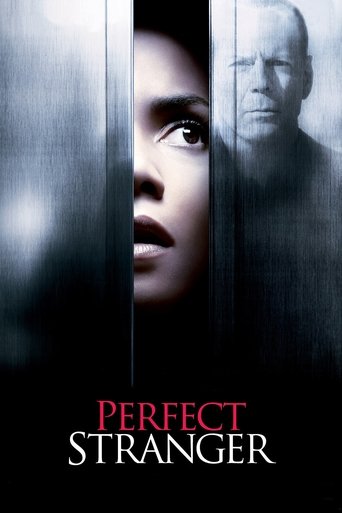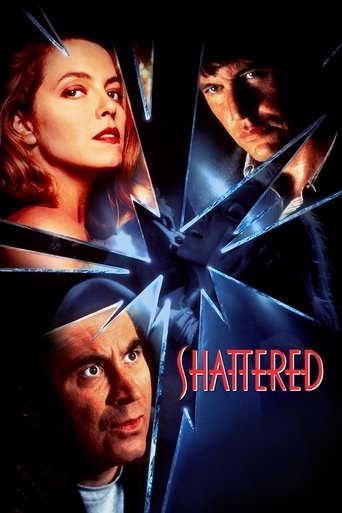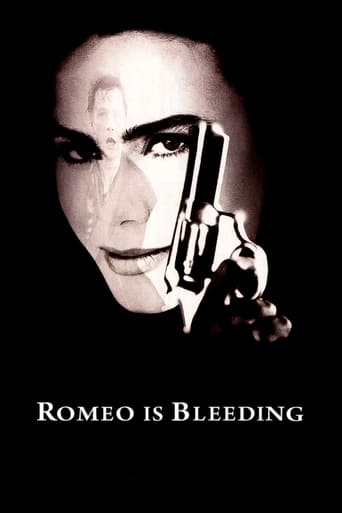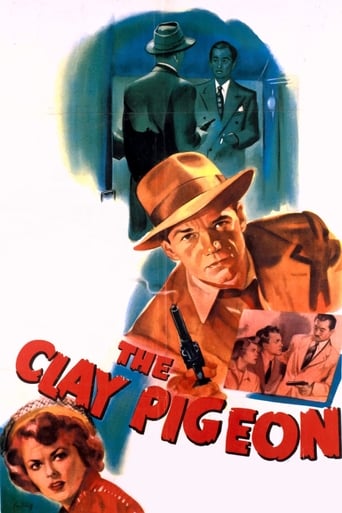
The Clay Pigeon (1949)
Jim Fletcher, waking up from a coma, finds he is to be given a court martial for treason and charged with informing on fellow inmates in a Japanese prison camp during WWII. Escaping from the hospital he tries to clear himself by enlisting the aid of Martha Gregory, widow of a service buddy he was accused of informing on. Helped also by Ted Niles, a surviving fellow prisoner, he gets closer to finding the answers he needs, and becomes ensnared in a grandiose scheme involving his Japanese ex-prison guard, $10,000,000 of US currency forged by the Japanese and a burgeoning crime network poised to wreak havoc throughout southern California.
- Richard Fleischer
- Carl Foreman
- Carl Foreman
Rating: 5.5/10 by 19 users
Alternative Title:
Le pigeon d'argile - FR
Country:
United States of America
Language:
English
Runtime: 01 hour 03 minutes
Budget: $0
Revenue: $0
Plot Keyword: amnesia, coma, film noir, court martial, waking from coma
Lean mean amnesia machine. *** This review contains a spoiler *** The Clay Pigeon is directed by Richard Fleischer and written by Carl Foreman. It stars Bill Williams, Barbara Hale, Richard Quine and Richard Loo. Music is by Paul Sawtell and cinematography by Robert De Grasse. Jim Fletcher (Williams) is a survivor of a Japanese prisoner-of-war camp who awakes from a coma with amnesia, and a charge of treason against him! Escaping hospital he aims to recover his memory and hopefully clear his name. The secret may be with another ex-POW inmate and the wife of the man who was killed on account of his supposed treason. Stripped down to the bare essentials by Fleischer, The Clay Pigeon is a one hour TV episode in essence. Dealing in that old noir favourite, that of amnesia, the director doesn't hang around to build any sort of supporting characters. This is firmly a two character piece as Williams and Hale (real life husband and wife) run through a narrative that has her initially hostile towards him, only to then unsurprisingly warm to him as events conveniently fall into place to prove his innocence. There's a willingness to balance out the anti Japanese slant that initially hangs over the story, and a twist in the tale, whilst hardly a surprise, earns writer Carl Foreman some grace to forgive the poor contrivances elsewhere. The night time sequences are nicely noirish, without really adding any sort of psychological dimension to the atmospherics, and the cast are adequate as per the quality of production. All told it's an enjoyable enough B-level noir out of RKO, even if it's hardly essential viewing. 6/10

